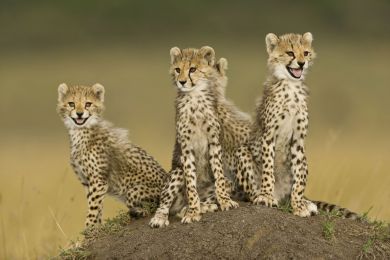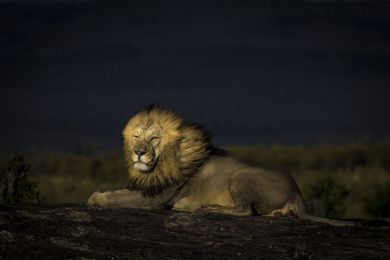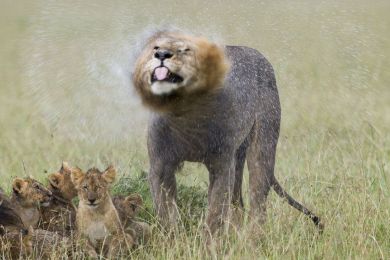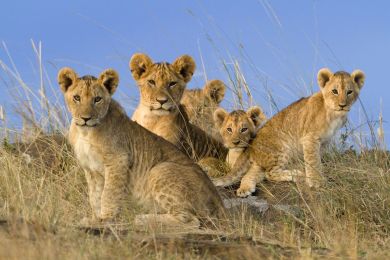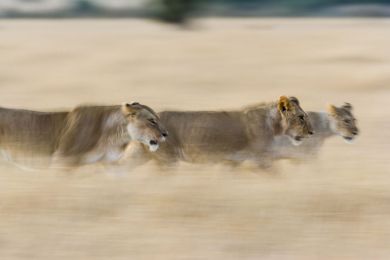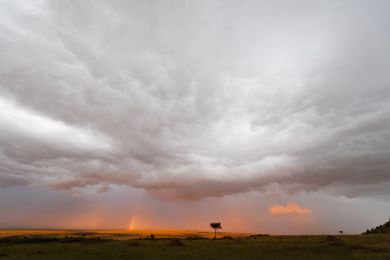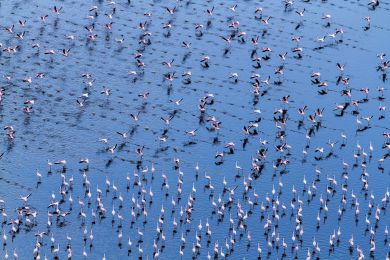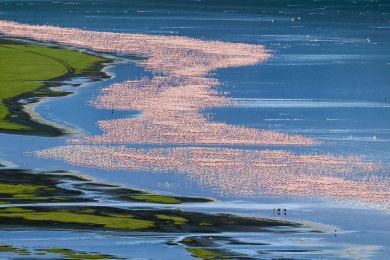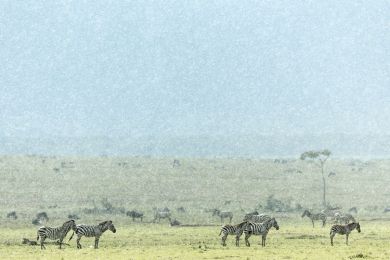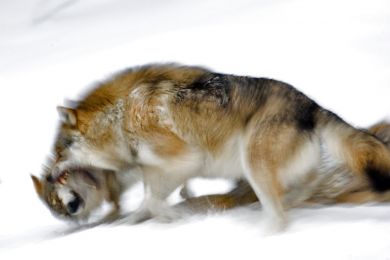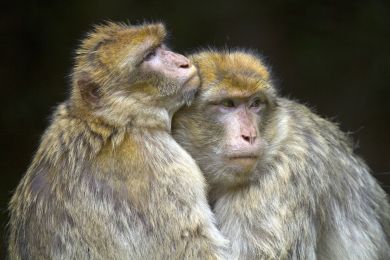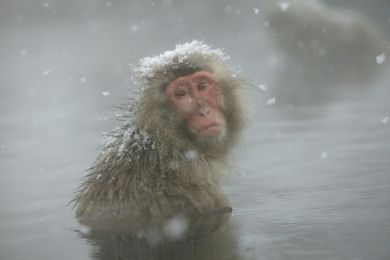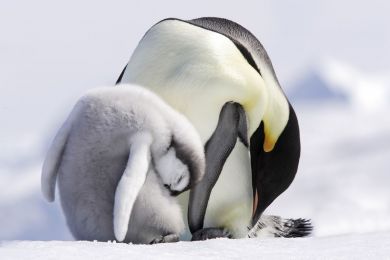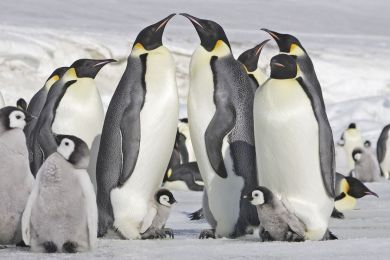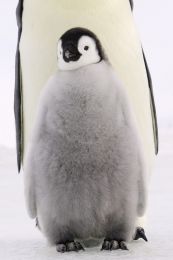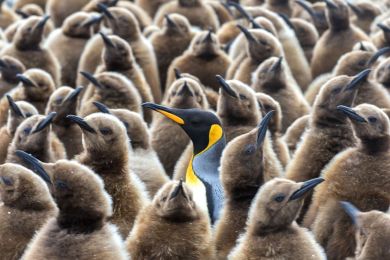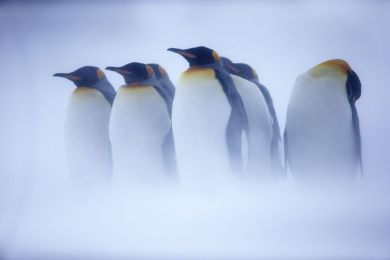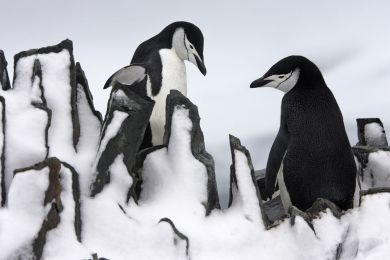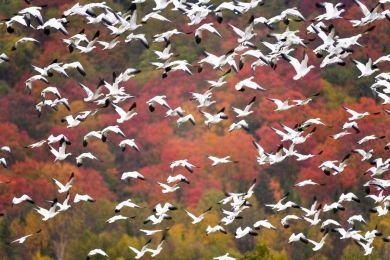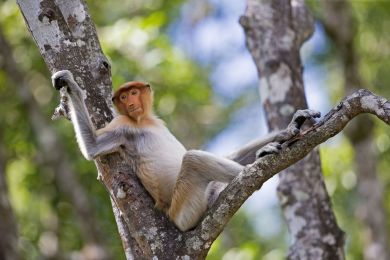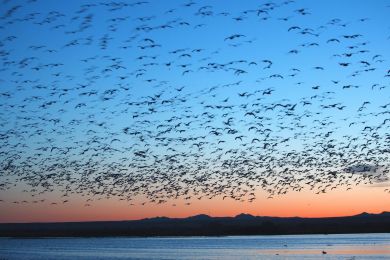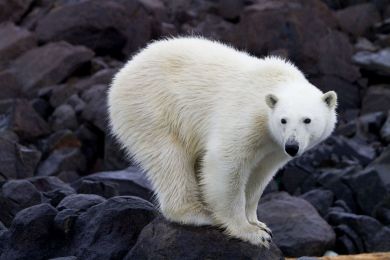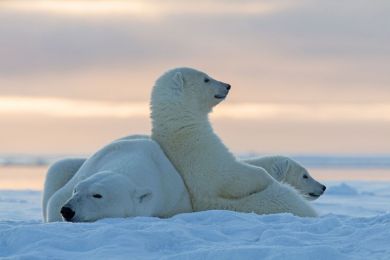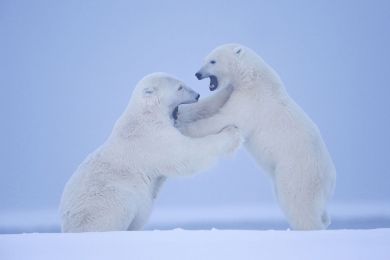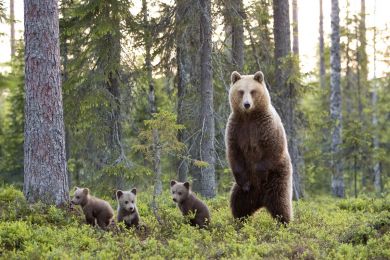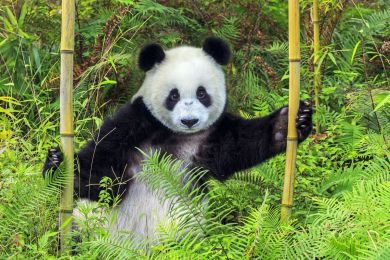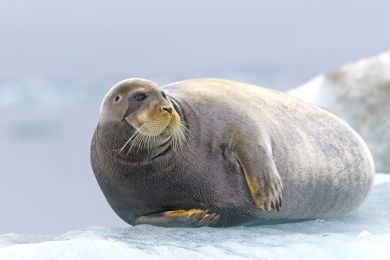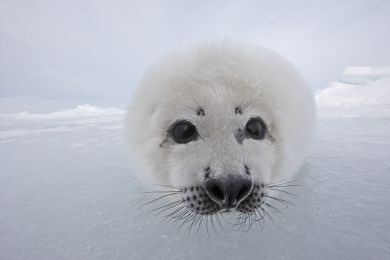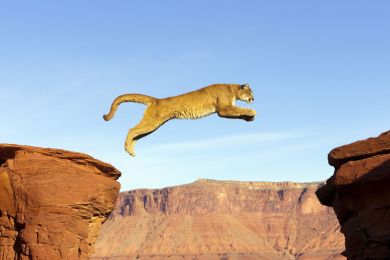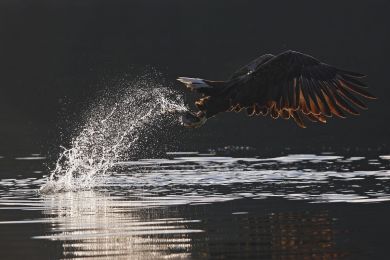By buying this product you can collect up to 178 loyalty points. Your cart will total 178 points that can be converted into a voucher of 35,60 €.
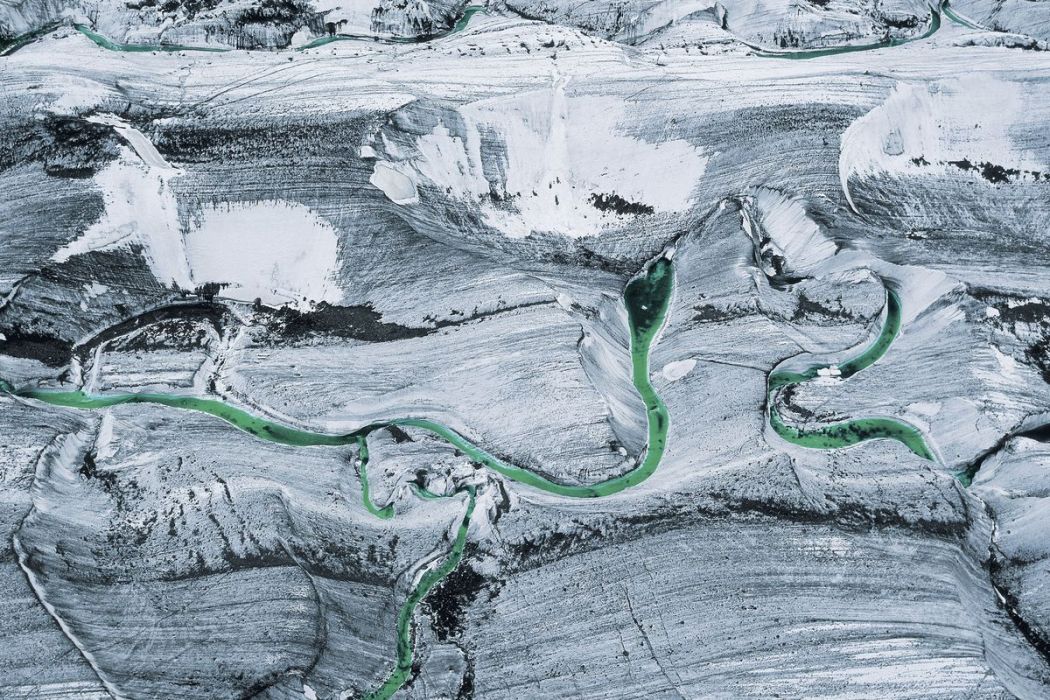 View larger
View larger
Picture information
Glacier tongue, Kyrgyzstan
Yann ARTHUS-BERTRAND
Art photography by Yann ARTHUS-BERTRAND of the glacier tongue near the Khan Tengri peak in the Sary Jaz Mountains, Kyrgyzstan. The frozen masses on top of the mountains are the planet’s water castles.
Data sheet
| Orientation | Landscape |
| Color | White |
Glacier tongue, Kyrgyzstan
Yann ARTHUS-BERTRAND
Art photography by Yann ARTHUS-BERTRAND of the glacier tongue near the Khan Tengri peak in the Sary Jaz Mountains, Kyrgyzstan. The frozen masses on top of the mountains are the planet’s water castles.
Fine Art Photography
Print by Experts
100 % Made In France
A recognized expertise, a search of permanent quality.
Printed by a professional photographic laboratory.
All prints are made to order, controlled by the Technical Director.
A certificate of authenticity is provided with each photograph.
Framework made by selected materials to give you the best results. every step of the processing is monitoring by experts.
Loyalty points
Gift Card
Don't miss the opportunity to do the best present...
The whole Yann Arthus-Bertrand photos available with Hemisgalerie gift card.
Lets your guest choose the best image.
Amount from 50 €, create and download directly on our website, valid for one year including promotions.
The original gift for all events
More info
Kirghizstan is one of the highest countries in the world and it has innumerable glaciers, especially on the Tian Mountains, which highest peak is called Jengish Chokusu with 7.349m. It is estimated that at this location, glaciers have lost 25 to 35% of their surface during the twentieth century because of global warming. The frozen masses on top of the mountains are the planet’s water castles. Even though on a planetary scale they only contain 4% freshwater, half the world’s population depends on them for its water supply. They indeed play a part in regulating the resource’s availability. During the cold season, they accumulate precipitation as snow that they restore when they melt in summer. But today, glaciers are melting all over the planet. For example, it is estimated that even in the Himalaya Mountain Range, the highest in the world, one third of the glaciers will have disappeared by 2050. The first consequences can be felt: many mountain lakes, especially in Nepal could overflow and flood the inhabited valleys downstream. If nothing is done to stabilize the atmosphere’s current rate of warming, these types of floods will be replaced, at the end of the century, by an era of water shortage because it will be impossible to reconstitute the frozen ice.
















































